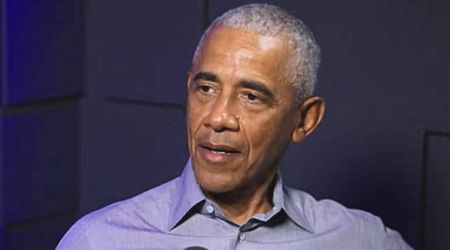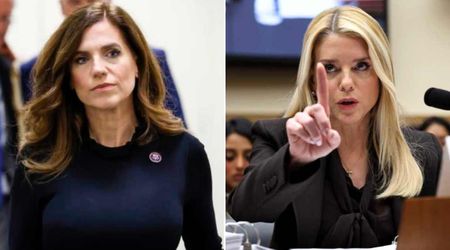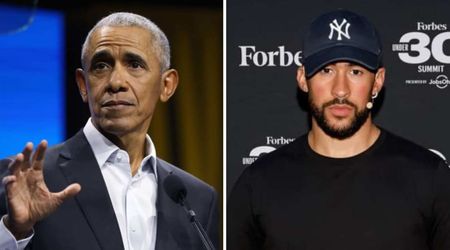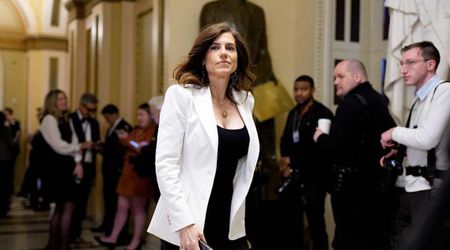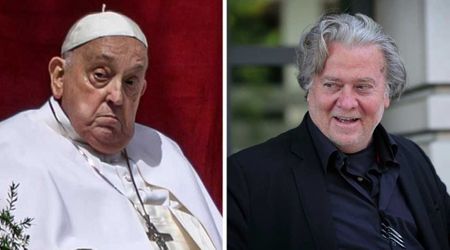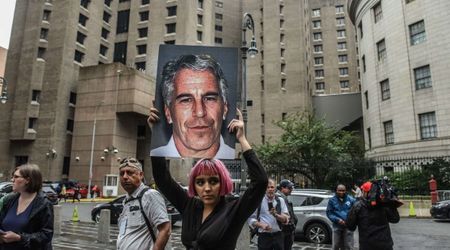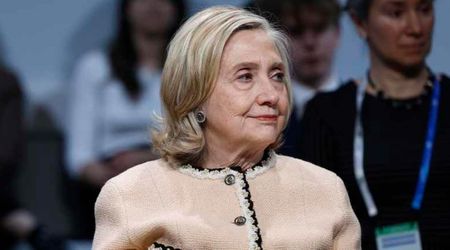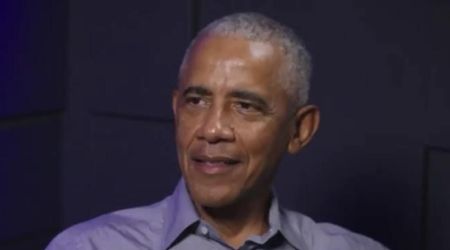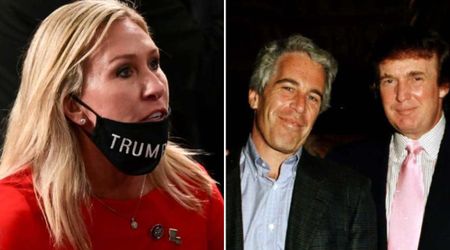Here’s what the Supreme Court can do in the wake of Donald Trump’s hush money conviction
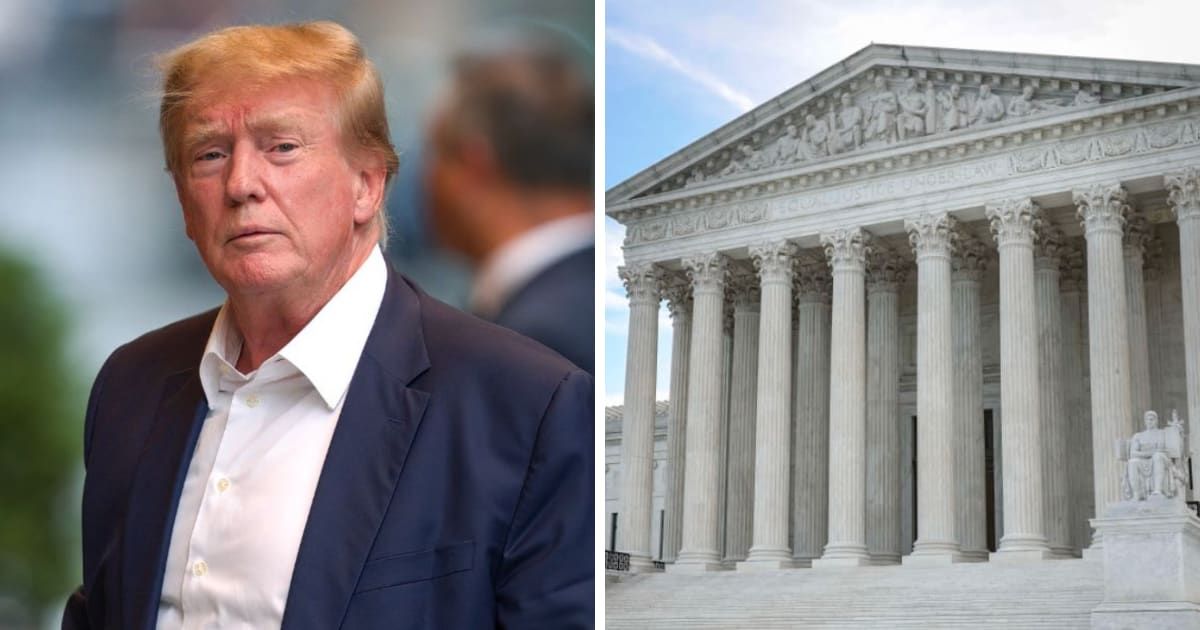
WASHINGTON, DC: The recent conviction of former President Donald Trump by a Manhattan jury has stirred widespread debate and speculation about the possible involvement of the US Supreme Court.
Legal experts suggest that the highest court in the land may ultimately decide the fate of Trump, who was found guilty on 34 felony counts of falsifying business records. This unprecedented verdict, delivered just months before the 2024 presidential election, is likely to be appealed by Trump’s legal team, as per The Daily Wire.

Donald Trump’s legal strategy and constitutional claims
Attorney Roger Severino, vice president of Domestic Policy and a fellow at the Heritage Foundation, expressed confidence that Trump’s legal team will argue the conviction violated his constitutional rights.
Speaking on 'Morning Wire', Severino emphasized that the Constitution ensures a fair trial, which he believes Trump was denied.
"And the Constitution means something," Severino said. "It means, if anything, you cannot jail political opponents because you don’t like what the American people are going to vote for."
Severino is optimistic that the Supreme Court will intervene if Trump loses on appeal.
He described the conviction as a "political prosecution" and asserted that the case should not stand. "Ultimately, I think the Supreme Court, if he doesn’t win on appeal, will take this up and reverse," he stated.
"This is a political prosecution. We are better than this as a country and this cannot stand."
Severino also raised concerns about the potential incarceration of Trump, noting the lack of clear victims in the case. He described the situation as "shocking and unprecedented," especially given the timing within an election cycle.
Judge Juan Merchan has scheduled Trump’s sentencing for July 11, just days before the Republican National Convention where Trump is expected to be nominated for president. The former president faces several years in prison if the sentencing proceeds as planned.

Avenues available for appealing to the Supreme Court
Prominent lawyer and political commentator Mark Levin has also highlighted the potential for the Supreme Court to rule on Trump’s conviction. In his analysis, Levin pointed out that many legal commentators have overlooked the federal avenues available for appealing to the Supreme Court.
"The issue is how to get out of the New York system and bring the case to the Supreme Court, which may or may not take it up," Levin wrote.
Drawing parallels to Bush v Gore, Levin suggested that the Supreme Court might intervene due to the case’s implications on the presidential election.
"There was another court involved, the Florida Supreme Court. And it was that court that the Supreme Court believed was violating the Equal Protection Clause," Levin noted, referencing the landmark 2000 case. He suggested that Trump’s legal team could argue a similar violation in the current case.
Levin outlined the procedural steps for Trump’s legal team to appeal to the Supreme Court, emphasizing the need for an expedited review to ensure the appeal is timely.
He suggested filing applications for common law writs with the Supreme Court, arguing that the harm extends beyond Trump to the federal electoral system and campaign jurisdiction.

Implications of Supreme Court intervention
The possibility of Supreme Court involvement in Trump’s case raises significant legal and political questions. Experts suggest that the Court’s decision could set a precedent affecting future presidential candidates and the broader electoral system.
The case, prosecuted by Manhattan Democratic District Attorney Alvin Bragg and decided by 12 Manhattan jurors, has already sparked controversy and divided public opinion. If the Supreme Court chooses to intervene, it could either reinforce the legitimacy of Trump’s conviction or overturn it, potentially reshaping the landscape of American politics.
Legal experts argue that the Supreme Court’s intervention would hinge on constitutional principles, particularly the right to a fair trial and the potential misuse of prosecutorial power for political purposes.
The Court’s decision could also address broader concerns about the influence of state-level judicial decisions on federal elections.

